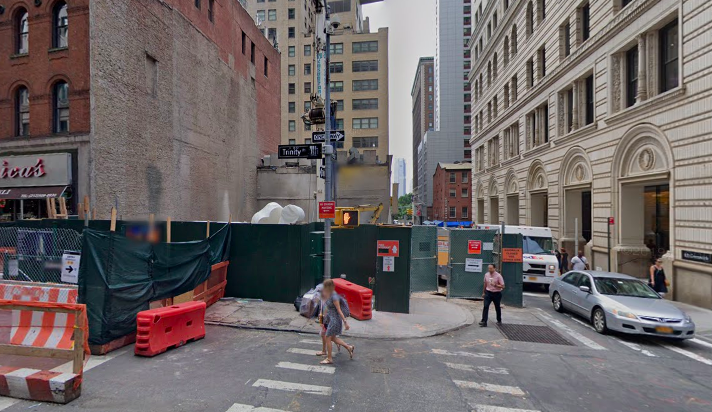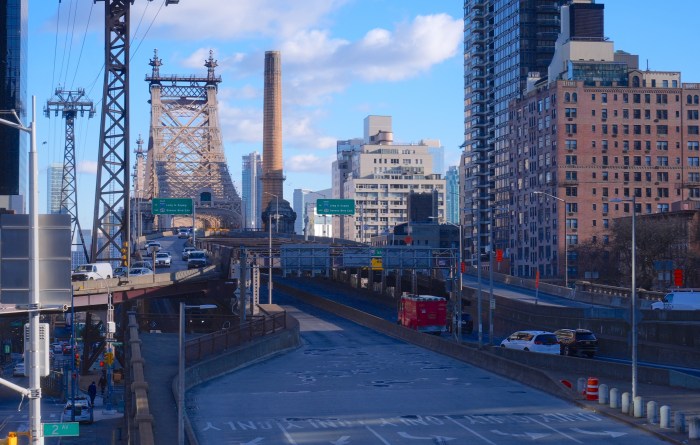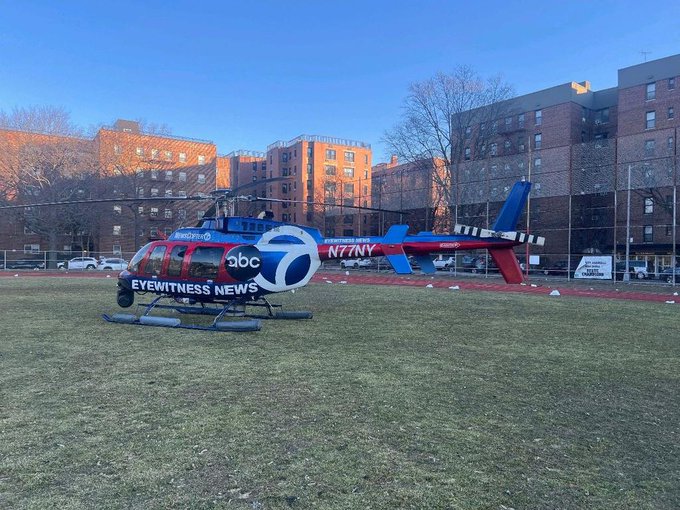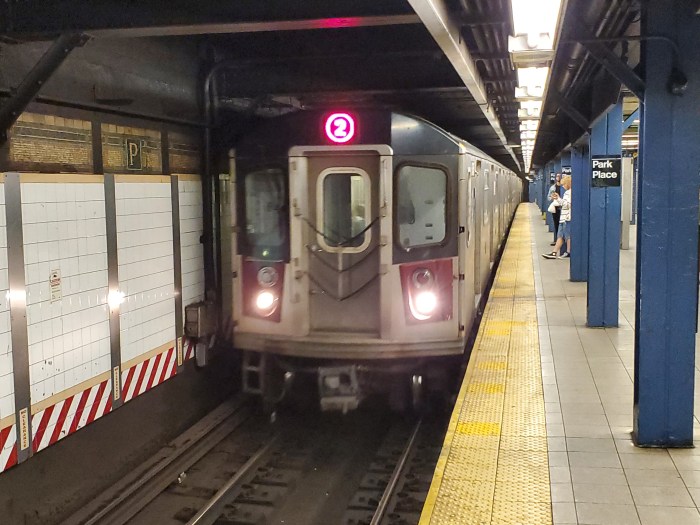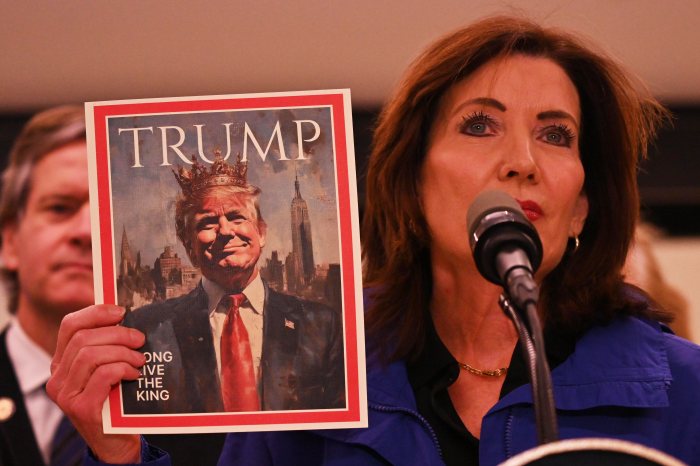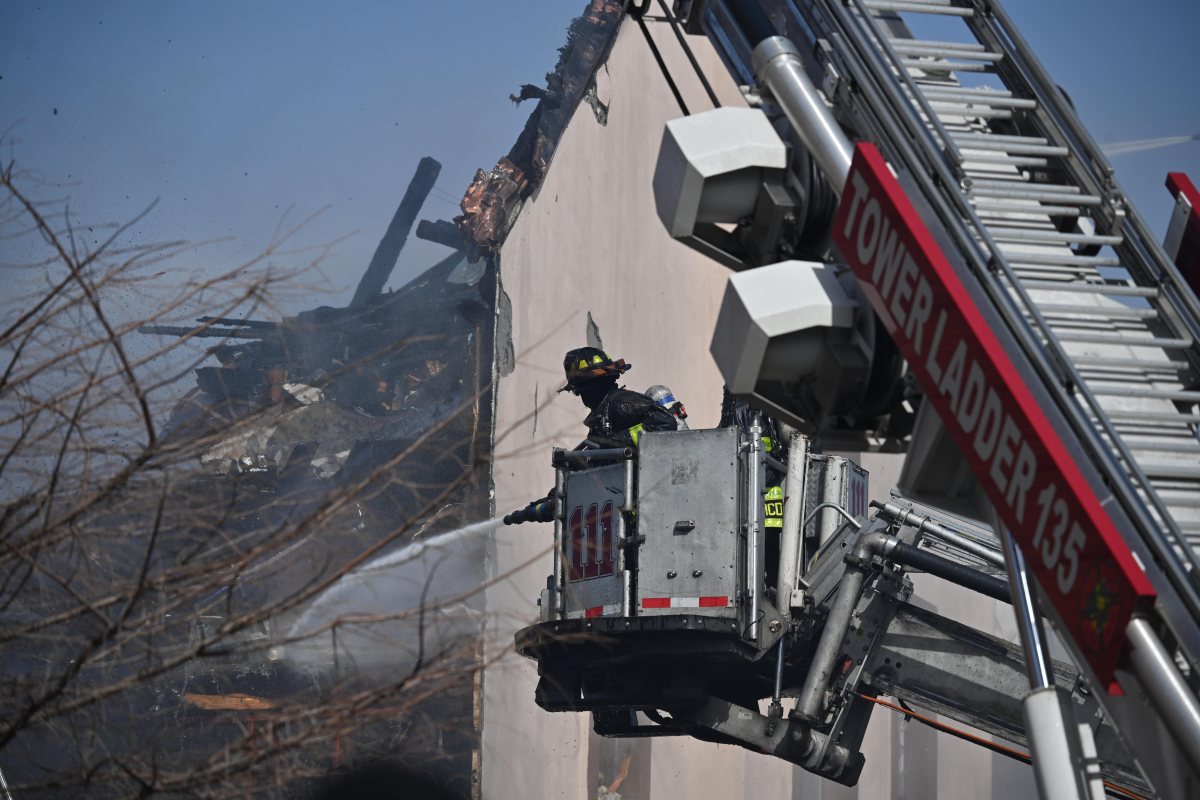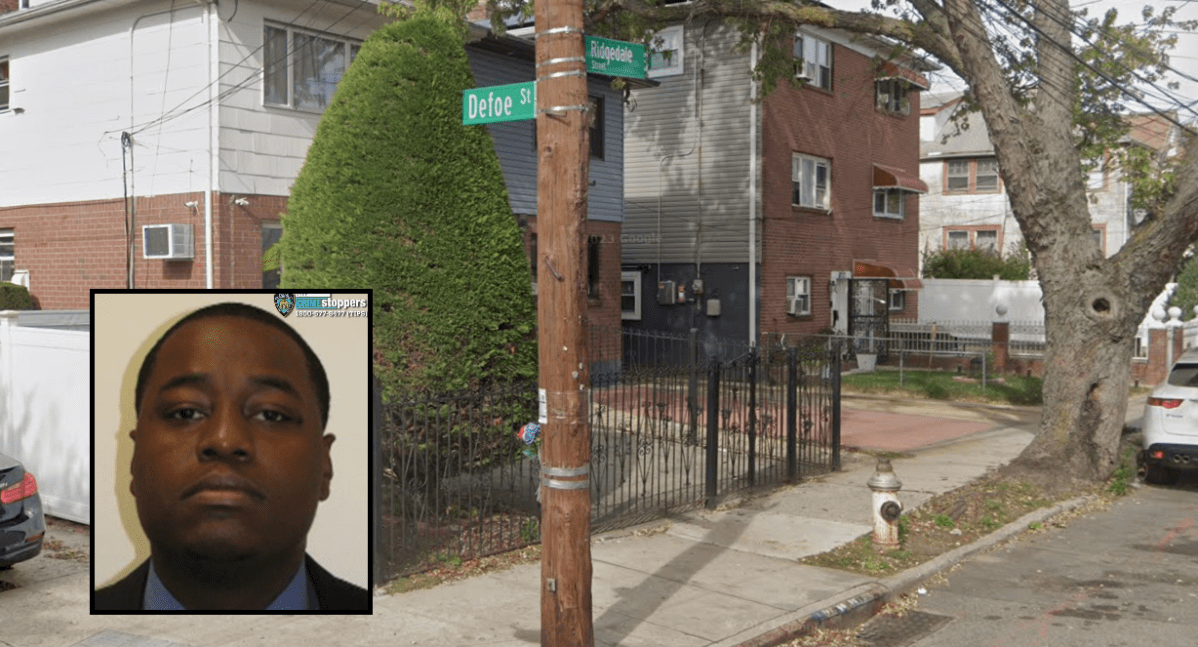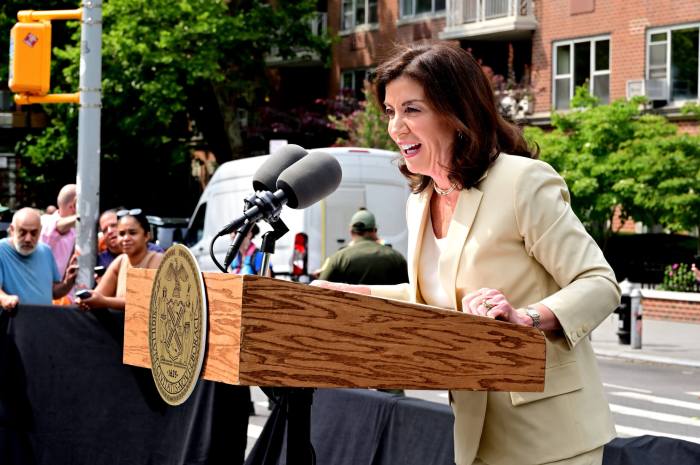A court battle between the MTA and hotel developers did not end in favor of the transit agency or riders who require the use of an elevator to enter and exit the Rector Street station.
A state supreme court judge ruled against the MTA, who was attempting to halt construction at 50 Trinity Place as it conflicted with a project to install an elevator as part of an ongoing saga for the organization to provide accessibility to commuters with mobility issues by invoking Public Authorities Law § 1266(12).
Construction on the Trinity NYC Hotel was well underway until Oct. 21, 2019, according to court documents. The city Department of Transportation was told by the MTA that the sidewalk space would be needed for the accessibility project that would make the station compliant with the 30-year-old Americans with Disabilities Act.
The exception that led to the PAL being deemed inapplicable? The MTA had a private contractor running the project.
The MTA, however, plans to appeal the motion and argued that they were attempting to lifting the obligation on the developers to provide accessibility.
“The developer of 50 Trinity is selfishly obstructing efforts to make the subway system accessible to New Yorkers living with disabilities, in the heart of the job-rich lower Manhattan business district,” MTA spokesman Tim Minton said. “The MTA relieved 50 Trinity of their legal obligation to build and pay for an elevator on their property when we shifted responsibility for that elevator to 42 Trinity. But rather than helping us and their neighbors to get the job done, 50 Trinity has blocked the MTA and 42 Trinity from building the elevator with more than a year of stalling, empty promises and excuses. They have continued to occupy the sidewalk, and, when we tried to stop them, sued the MTA.”
According to the suit, the MTA asked DOT not to reissue permits for the construction fence overtaking the sidewalk. In January, after DOT did so and attorneys for the developer began proceedings to seek a preliminary injunction against a stop-work order issued to the property.
William Fried and Brendan Schmitt, both attorneys from the firm Herrick, Feinstein, told amNewYork Metro that this wasn’t a simple matter of the developers curtailing efforts to make the station accessible.
“Context is important here, and additional context reveals that the 50 Trinity developer is actually constructing a component of this station’s accessibility project, specifically the mechanical room for the elevator equipment,” the two said in an email. “In fact, the room is a portion of the 50 Trinity cellar, and the 50 Trinity owner has donated that portion of its basement to MTA for that purpose and in perpetuity by easement.”
As for what the company gained from the lawsuit? It was not only to avoid an 18-month stoppage of work, as the firm said.
“In effect, MTA took the position that it can bestow the broad statutory authority granted to MTA to occupy municipal land without compensation to, and for the benefit of, private parties of MTA’s choosing,” the attorneys said in an email.
With just over a quarter of the 472 subway stations under the purview of the MTA, a $51 billion 2020-2024 capital plan aims to expand elevators to stations all over the city.
Former New York City Transit President Andy Byford’s goal was to make at least every other station accessible within a decade.



